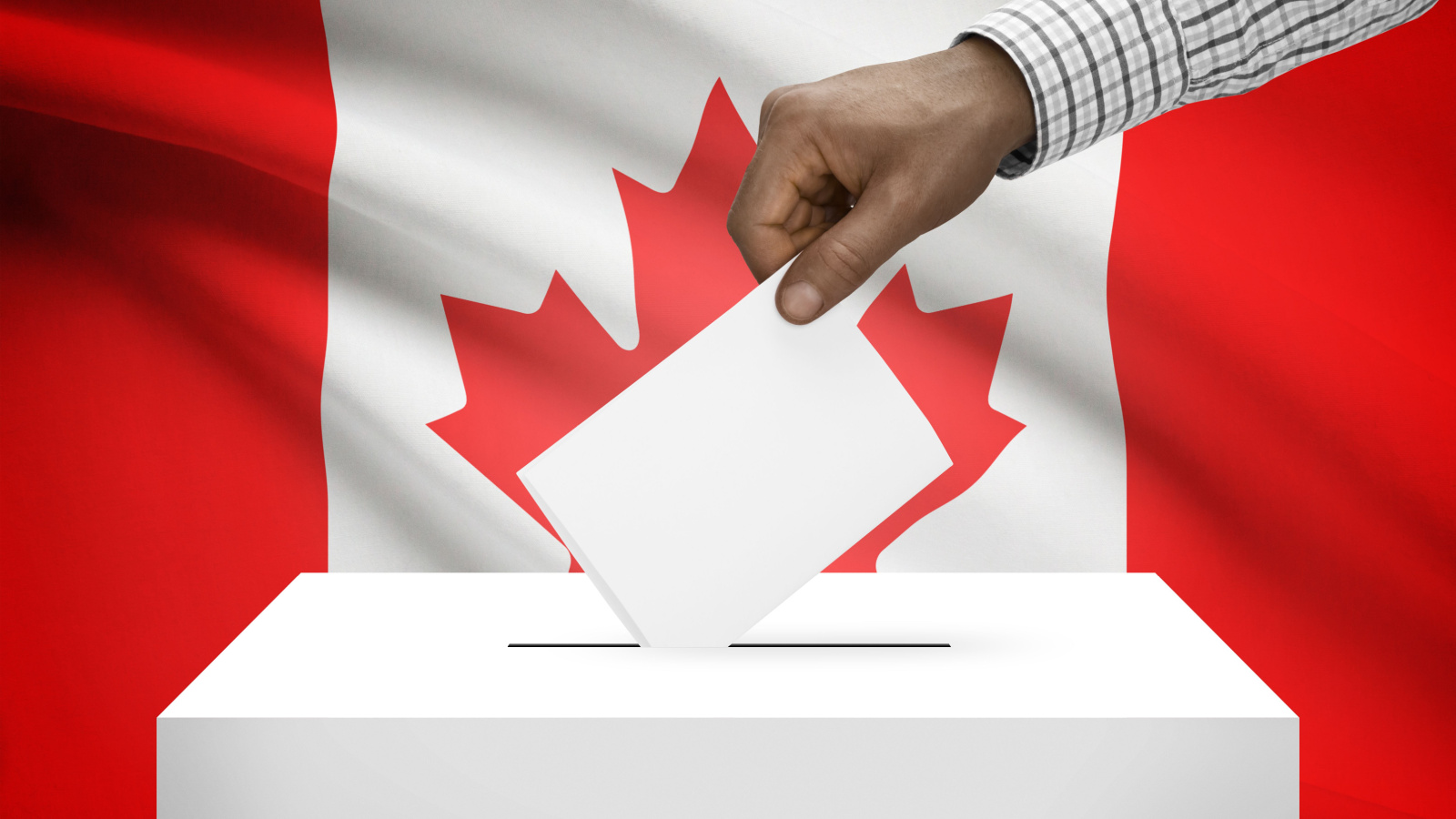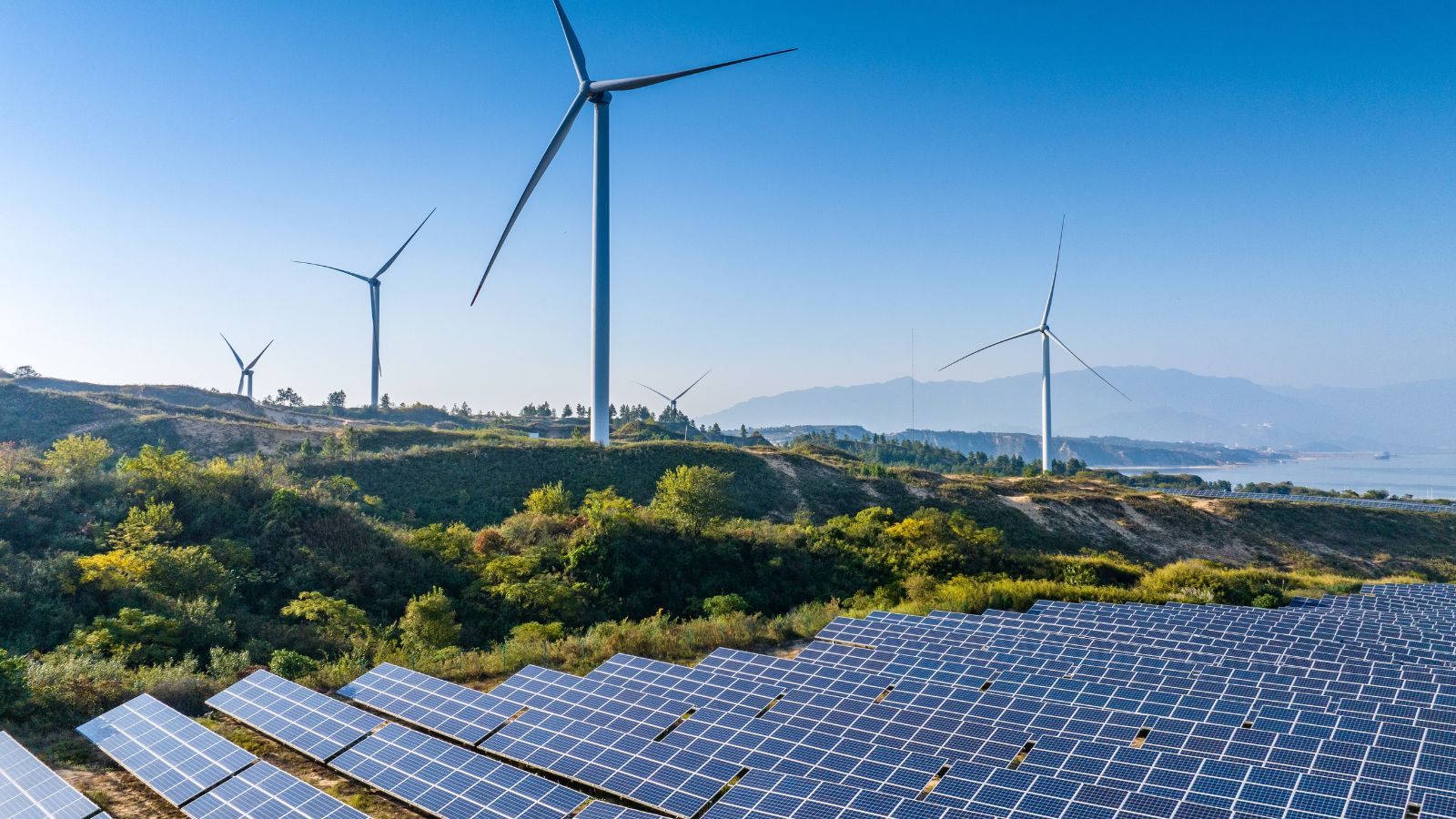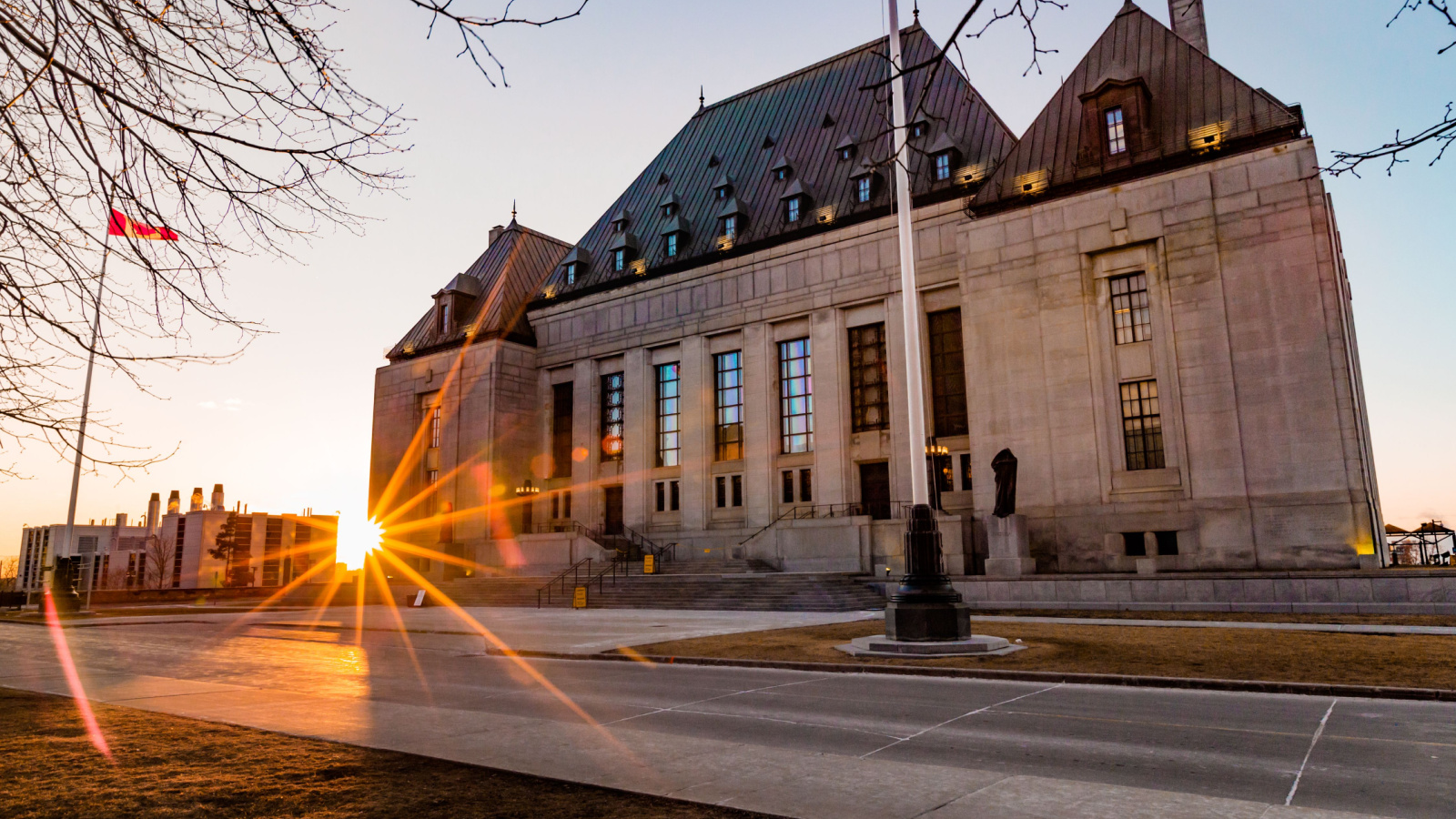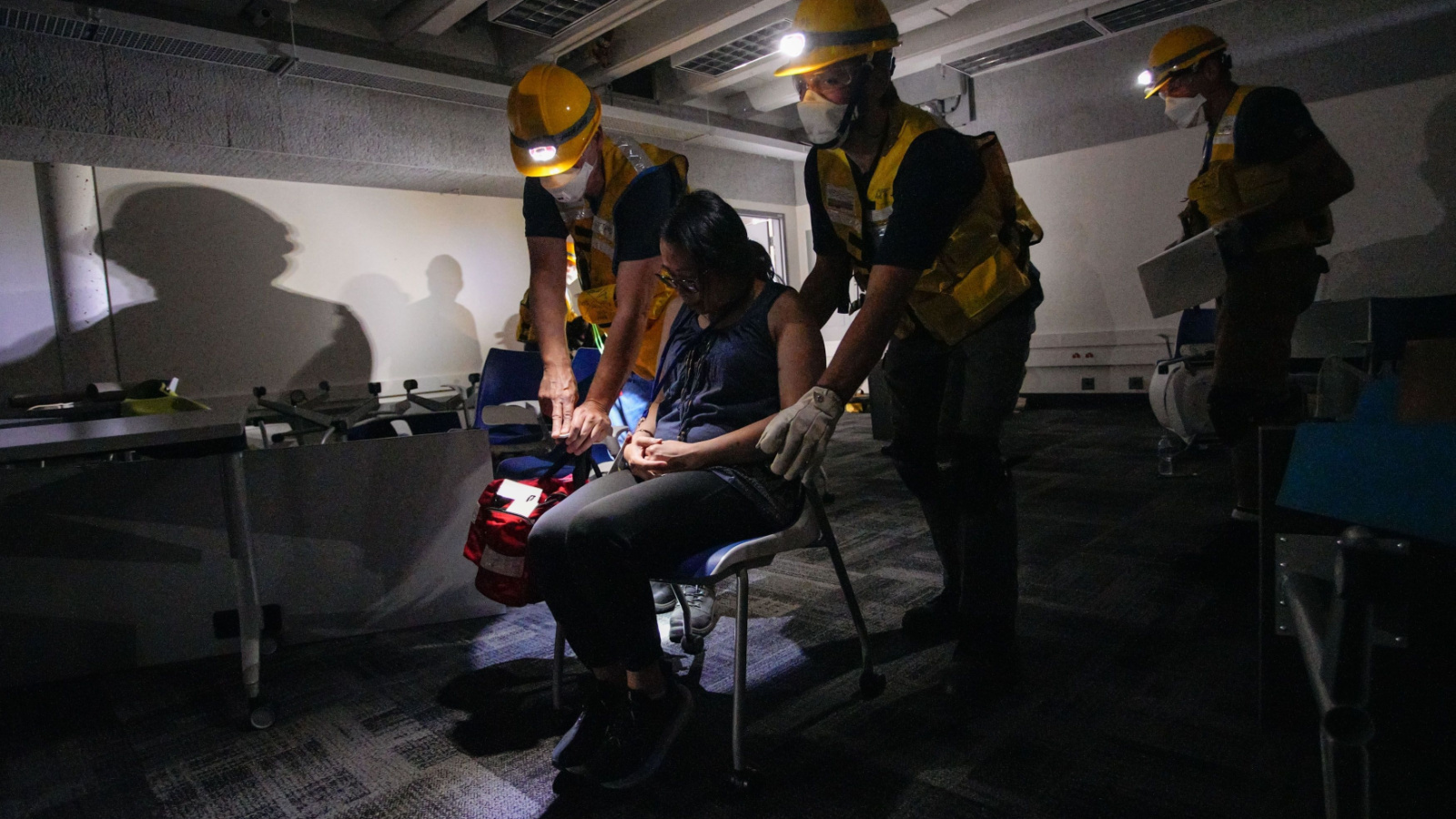Resilience isn’t just about bouncing back — it’s about being prepared, adaptable, and united in the face of challenges. Canada continues to earn global respect for its ability to withstand economic shocks, environmental disruptions, and social tensions with steady leadership and community strength. Here are 18 things that make Canada one of the world’s most resilient and forward-thinking nations.
Universal Public Healthcare Access

Canada’s universal healthcare system ensures that all residents have access to essential medical services without financial hardship. Administered by provincial and territorial governments under the Canada Health Act, it covers doctor visits, hospital stays, and medically necessary procedures. This national commitment to health access helps reduce inequality, promotes long-term well-being, and improves population resilience during public health emergencies. The system’s focus on accessibility and prevention plays a key role in reducing stress on families and enhancing national stability.
Sound and Stable Banking System

Canada’s banking sector is globally recognized for its stability and prudence. The country has avoided major collapses during the global financial crisis, thanks to conservative lending practices, strong capital requirements, and effective oversight by institutions like the Office of the Superintendent of Financial Institutions (OSFI). Canadian banks are well-capitalized and consistently rank among the safest in the world. The system’s resilience helps maintain public confidence, ensures the steady flow of credit, and protects households and businesses during economic disruptions. This financial backbone is a key element in Canada’s overall economic and social resilience.
Transparent Democratic Institutions

Canada’s democratic system is built on accountable governance, regular free elections, and strong checks and balances. Institutions such as Elections Canada, the Auditor General, and independent courts help maintain transparency and trust. Political leaders operate within clear legal frameworks, and public policy is subject to parliamentary debate and media scrutiny. These mechanisms uphold the rule of law, limit corruption, and ensure that citizens have a voice. Such institutional strength enables Canada to respond to challenges with legitimacy and unity, fostering societal resilience in times of crisis or political uncertainty.
Strong Fiscal and Monetary Policy Coordination

Canada’s economic stability is supported by close coordination between its fiscal and monetary policies. The federal government maintains disciplined budgeting practices, while the Bank of Canada operates independently to manage inflation and interest rates. This balance allows for timely and targeted responses to economic shocks, such as during the 2008 financial crisis and the COVID-19 pandemic. The ability to implement stimulus measures without undermining long-term fiscal health makes Canada well-equipped to navigate uncertainty. Sound economic governance builds trust among investors and citizens alike, reinforcing national resilience.
Quality Public Education Nationwide

Canada invests heavily in public education, which is free and accessible across all provinces and territories. The country consistently ranks among the top performers in global literacy, math, and science assessments. A strong K–12 system is complemented by publicly supported universities and colleges, helping develop a skilled and adaptable workforce. The education system fosters social mobility, civic engagement, and economic opportunity. It also prepares future generations to face complex global challenges. This broad access to high-quality education is a critical factor in Canada’s long-term social and economic resilience.
Resilient Social Safety Nets

Canada offers a range of social programs designed to support citizens during times of need. These include Employment Insurance (EI), Old Age Security (OAS), the Canada Child Benefit (CCB), and various provincial initiatives. During national emergencies or economic downturns, these safety nets provide essential financial support, reduce poverty, and stabilize consumption. Programs are regularly adjusted to meet evolving demographic and economic realities. The presence of reliable, responsive social supports ensures that vulnerable populations are not left behind, which strengthens social cohesion and national resilience overall.
Multicultural Integration and Diversity

Canada actively embraces multiculturalism, treating diversity not as a challenge but as a national strength. With over 200 ethnic origins represented and more than 20% of its population foreign-born, the country prioritizes integration through inclusive policies, anti-discrimination laws, and community-building efforts. Celebrating multiple cultures fosters social cohesion and mutual respect, making Canada more resilient to polarization and extremism. Programs that support cultural festivals, language learning, and equal opportunity help maintain peaceful coexistence and encourage a sense of belonging.
Comprehensive Immigration Strategy

Canada’s immigration system is structured, merit-based, and aligned with labor market needs. The federal government sets annual immigration targets through a transparent multi-year plan, with categories like skilled workers, family reunification, and humanitarian intake. Immigrants are supported through settlement services and language training to ease integration. By welcoming newcomers and aligning them with national development goals, Canada addresses demographic challenges, fills talent shortages, and stimulates economic growth. This approach enhances the country’s long-term adaptability and global competitiveness, ensuring that immigration remains a tool for resilience rather than a source of strain.
Commitment to Climate Adaptation and Clean Energy

Canada is advancing climate resilience through a combination of federal and provincial initiatives aimed at reducing emissions, transitioning to clean energy, and protecting vulnerable ecosystems. Investments in electric vehicle infrastructure, carbon pricing, and renewable energy are central to its environmental strategy. Additionally, adaptation measures such as floodplain mapping and wildfire mitigation help communities prepare for climate-related risks. By aligning environmental policy with economic planning, Canada ensures sustainable growth while safeguarding natural resources.
Peacekeeping and Global Diplomatic Engagement

Canada maintains a strong reputation for peacekeeping and principled diplomacy. As a founding member of the United Nations and NATO, it has played active roles in global peace missions, conflict mediation, and refugee support. Canadian diplomacy emphasizes multilateralism, human rights, and international law, contributing to global stability. These efforts enhance Canada’s international credibility and provide strategic alliances during global crises. Its balanced foreign policy allows it to mediate effectively while maintaining national interests.
Decentralized Federal Governance Structure

Canada’s decentralized federal system gives provinces and territories significant autonomy over areas like health, education, and resource management. This flexibility allows local governments to tailor policies to regional needs while maintaining a unified national framework. During crises such as the COVID-19 pandemic, this structure enabled swift, localized responses without compromising national coordination. Decentralization supports innovation, improves service delivery, and reduces bureaucratic overload at the federal level. It also helps manage diversity across vast geographies and populations.
Investment in Infrastructure Renewal

Canada continually invests in modernizing infrastructure, including public transit, broadband access, clean water systems, and sustainable housing. Programs like the Canada Infrastructure Bank and the Investing in Canada Plan support long-term economic growth and resilience through targeted, climate-conscious upgrades. These investments not only boost job creation and productivity but also reduce environmental impact and prepare communities for future challenges like urbanization and extreme weather. Reliable infrastructure helps maintain continuity during emergencies and supports the everyday functioning of cities and rural areas alike, making it a pillar of national resilience.
Support for Innovation and R&D

Canada nurtures innovation through robust support for research and development (R&D) in sectors like AI, clean tech, biotech, and aerospace. Government agencies such as the National Research Council and Innovation, Science and Economic Development Canada fund cutting-edge projects, while universities and incubators contribute to a thriving startup ecosystem. Tax credits and public-private partnerships further incentivize innovation. This forward-thinking approach fosters a knowledge-based economy and improves Canada’s adaptability to global market shifts. By prioritizing innovation, Canada strengthens its capacity to solve complex problems and sustain long-term economic and societal resilience.
National Emergency Preparedness Systems

Canada maintains a well-coordinated emergency preparedness framework through Public Safety Canada, provincial authorities, and local response teams. It regularly updates disaster risk assessments and maintains stockpiles, communication systems, and contingency protocols for events like wildfires, floods, and pandemics. Programs like the National Public Alerting System ensure real-time updates to citizens. Integrated cooperation among federal, provincial, and municipal governments enables faster decision-making and deployment of resources. This proactive approach allows Canada to manage emergencies effectively while minimizing disruption, making the country more resilient in the face of natural or man-made crises.
High Quality of Life Metrics

Canada consistently ranks among the top countries globally for quality of life. It scores highly in areas such as healthcare access, public safety, environmental quality, and personal freedoms. Canadians benefit from clean air, vast green spaces, and strong public services that support physical and mental well-being. These high standards contribute to a healthier, more engaged population capable of weathering social and economic challenges. A strong middle class and inclusive policies also reduce disparities, ensuring broad-based resilience. This quality of life is not just a marker of prosperity but a cornerstone of national stability.
Stable Natural Resource Management

Canada is rich in natural resources, including water, forests, minerals, and energy. Its management of these assets emphasizes long-term sustainability, Indigenous rights, and environmental protection. Regulatory bodies oversee responsible extraction and conservation, while policies encourage value-added production and local economic benefits. Renewable energy growth, such as hydropower and wind, is prioritized alongside responsible oil and gas practices. By balancing economic development with ecological stewardship, Canada strengthens energy independence and economic stability.
Strong Legal Institutions and Rule of Law

Canada’s legal system is built on a foundation of fairness, accountability, and transparency. An independent judiciary, strong regulatory frameworks, and clear constitutional rights ensure that laws are consistently applied and trusted by citizens. Legal institutions protect democratic values, minority rights, and economic contracts, contributing to investor confidence and social harmony. Law enforcement is held to high professional standards, and access to legal aid supports equitable justice. These features provide the predictability and security necessary for both social and economic resilience, making Canada more stable and trustworthy in times of uncertainty.
Cultural Identity Rooted in Cooperation and Inclusion

Canada’s national identity emphasizes civility, fairness, and mutual respect. From community-level programs to federal policies, cooperation is prioritized over division. Bilingualism, Indigenous reconciliation efforts, and multicultural values are central to its inclusive character. Social behaviors like queuing, civic engagement, and volunteerism reflect this cooperative spirit. In times of crisis, Canadians often rally together, as seen during health emergencies or natural disasters. This deep-rooted culture of inclusion and shared responsibility builds trust and strengthens collective resilience, making it easier for the country to respond adaptively and recover from shocks more effectively.
21 Products Canadians Should Stockpile Before Tariffs Hit

If trade tensions escalate between Canada and the U.S., everyday essentials can suddenly disappear or skyrocket in price. Products like pantry basics and tech must-haves that depend on are deeply tied to cross-border supply chains and are likely to face various kinds of disruptions
21 Products Canadians Should Stockpile Before Tariffs Hit
